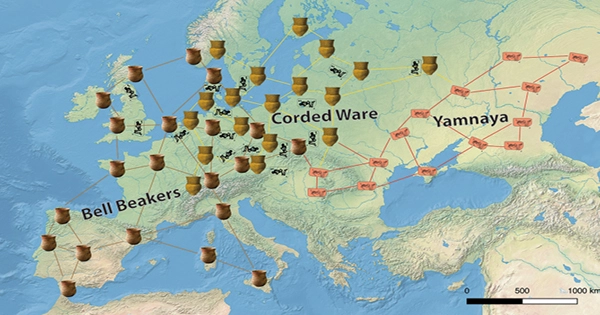According to a recent analysis, if current trends continue, Christians could soon become a minority in the US within a few decades. Social trends like these are notoriously difficult to foresee, but it is clear that since the 1970s, fewer Americans have been identifying as Christians, and little appears to be halting the decline.
Up to 90% of Americans claimed to be Christians in 1972. By 2020, that percentage had fallen to roughly 64%, while 30% of people claimed to have no religious affiliation, and only 6% of people practiced any other religions, such as Judaism, Islam, Hinduism, or Buddhism.
In a recent analysis, Pew Research examined several potential continuations of this pattern. The rates of “religious flipping,” or the process by which people stop identifying with the faith they were raised with, are among the most significant elements that will affect this future. Other major aspects include birth rates and migration trends.
By 2070, Christianity might capture 54% of the population in the first scenario, in which no one in the US changes their religion after 2020. The religiously unaffiliated would still make up a sizeable portion of the population at 34%.
Christians would account for 46% of the population in 2070 if religious conversion rates among young Americans were the same as they are today, which would cause them to fall below the 50 percent threshold by 2060. However, they would still make up the majority of Americans’ religious population.
Another possibility is that the US may experience increasing disaffiliation and switching rates. In this scenario, between 35 and 39 percent of Americans may identify as Christians by the year 2070. The percentage of Americans who do not practice any religion could reach about 52%.
According to the paper, current predictions indicate that the US might end up taking the same course that many Western European nations did in the second part of the 20th century. According to the British Social Attitudes Survey, the number of religiously unaffiliated people in Britain surpassed the number of Christians to become the largest group in 2009.
The investigation also uncovered a number of other fascinating revelations. Moving away from religion is more common among younger individuals, as one might anticipate. It is clear that persons who left their religious affiliation after growing up as Christians are slightly more likely to earn a college degree than those who stay religious.
They also discovered that while women are more likely to maintain their Christian identification in the US, men are more likely to leave Christianity.
The researchers added a warning that all of these possibilities are only projections and that many social movements may be largely unpredictable in the real world.
The paper notes that although some possibilities are more likely than others, the future is unpredictable and it is possible that the religious makeup of the United States in 2070 would differ from the ranges predicted.
“New trends in religious evolution could appear at any time. Unexpected social and religious upheavals can occasionally be caused by armed wars, social movements, growing authoritarianism, natural disasters, or worsening economic situations, the report states.
















